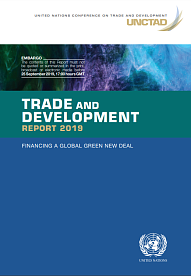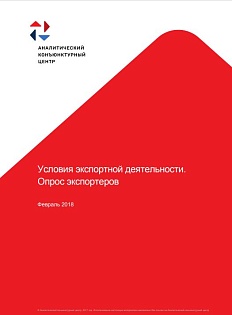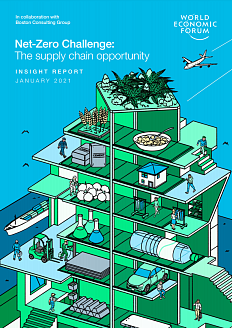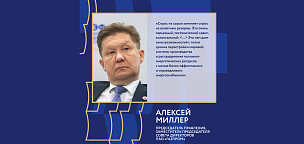General decline in economic activity and its causes
UNCTAD (United Nations Conference on Trade and Development) expects a universal deterioration of economic situation in 2019, with global economic growth rates falling to 2.3%. The slowdown in 2019 is apparent across all developing regions. Talk of «decoupling» has ceased as growth rates in emerging economies have declined in parallel with global ones. The BRICS economies, which as a group saw average annual growth over 10 per cent immediately after the global financial crisis, grew at 6.3 per cent last year.
The authors of the report cite heightened trade tensions as one likely source of increased friction. Other causes for negative economic dynamics include the volatility of capital flows, higher oil prices, rising levels of debt, and decreased fiscal revenues. Trade has stalled with the weakening of global demand and unilateral tariff increases by the United States with subsequent retaliation from a number of countries. While the impact to date has been contained, a resumption of tit-for-tat tariff increases could prove very costly if combined with a further slowdown in investment, the authors of the report warn.
Financial integration and use of capital controls
Increased financial integration has already exposed developing countries to global financial cycles and volatile capital flows. This has tended to widen macroeconomic imbalances, create financial vulnerabilities, and impair monetary autonomy in ways that work against productive investment, particularly in the public sector. Developing countries have sought some degree of protection by accumulating external assets, usually in the form of short-term dollar-denominated bonds. An alternative form of protection against volatile capital flows is the use of capital controls.
Meanwhile, the UNCTAD experts assert, policymakers’ ability to use capital controls requires keeping capital-account management out of the purview of regional and bilateral trade and investment agreements, or at least establishing safeguards in such agreements that allow countries the right to regulate capital flows without conflicting with their contractual commitments. Also, the experts add, capital controls would be much more effective if capital flows were controlled at both ends.
Financing ecologically sustainable projects
Foreign investors can help boost the resources available for meeting the Sustainable Development Goals (SDGs) by paying their taxes. Illicit financial flows on the part of multinational enterprises (MNEs) are estimated to deprive developing countries of $50 billion to $200 billion a year in fiscal revenues. The losses are already high for developing countries, because they are less likely to host digital businesses but tend to be net importers of digital goods and services. While waiting for international consensus on this matter, several developed and developing countries have explored temporary unilateral domestic tax measures for the digital economy. One example is the excise tax, equalization tax or levy that several countries have considered or started to apply. All in all, implementing these and other various proposals put forward by UNCTAD could increase resource availability in developing countries by roughly $510 billion to $680 billion a year, an amount similar in size to their total foreign direct investment inflows.
Financing the 2030 Agenda for Sustainable Development and the SDGs is the primary focus of attention in the report. International coordination is considered a key factor in mobilizing the resources required for SDG financing. Substantially scaling up public international development finance, including through development assistance and debt relief, should therefore be an urgent priority together with leveraging international private finance. At the same time, domestic resource mobilization is another crucial factor and should therefore be improved.






